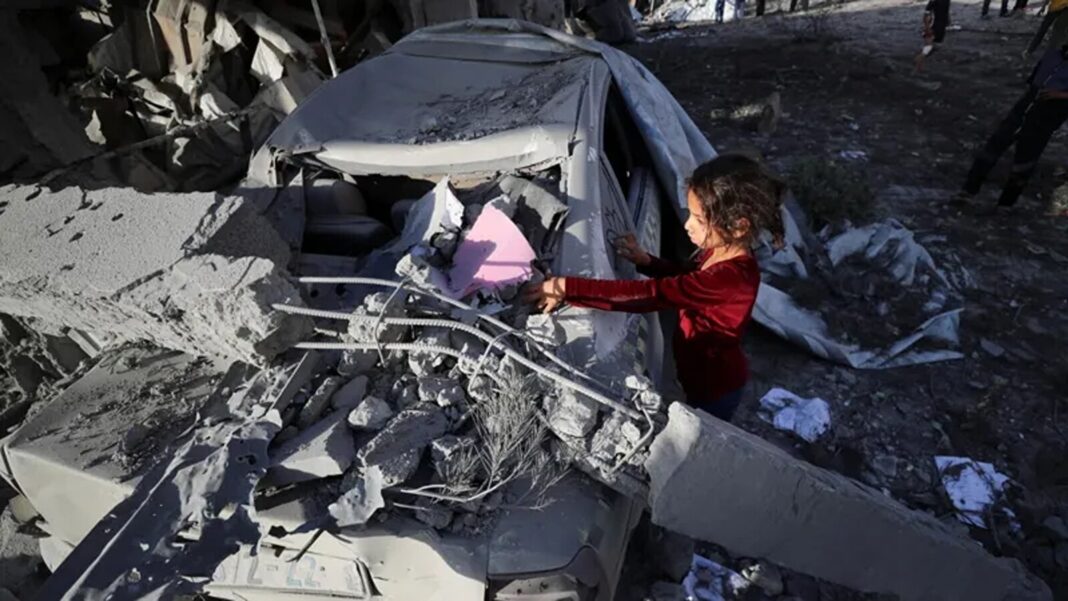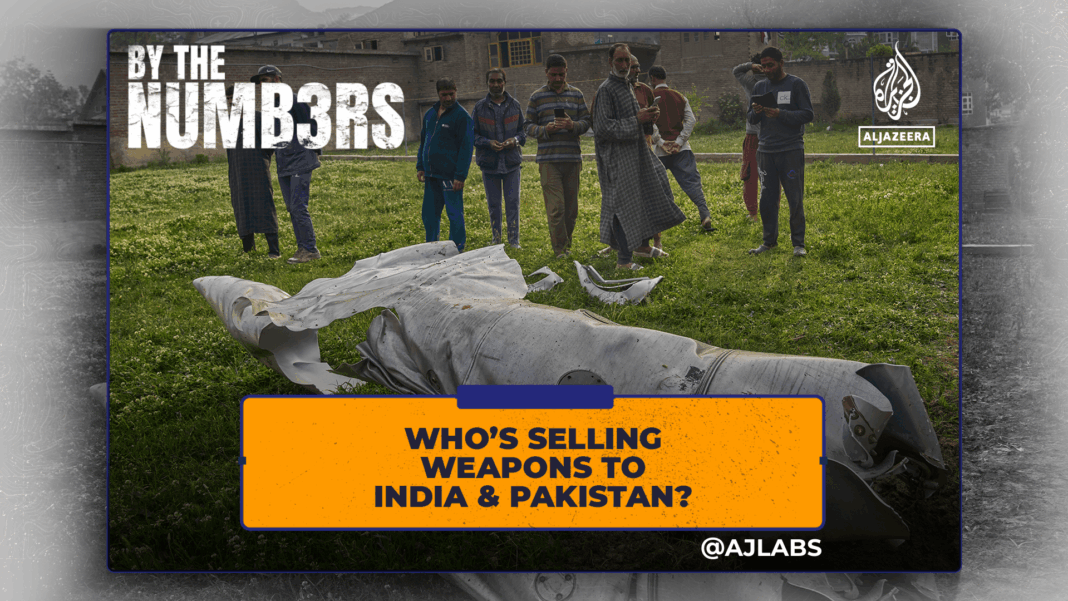Salaries would go up. Bread and gasoline would be cheaper. The electricity would come on for more than a few hours per day. The reconstruction of destroyed towns and cities would begin.
President Trump’s announcement in a speech in Saudi Arabia on Tuesday that he would lift U.S. sanctions on Syria unleashed hope across the country that life would improve after more than a decade of war and deprivation.
“It will put us at ease,” said Sami al-Hajj, a pharmacist. “Before, we were scared for the future, for us and our children. But this will open up opportunities.”
Analysts and many others in Syria see lifting U.S. sanctions as crucial to enabling the new government to rebuild an economy decimated by war. The sanctions effectively cut Syria out of the international banking system and isolated it from the global economy, blocking money transfers, restricting imports and barring activity by most international companies.
On Wednesday, Mr. Trump also met with Syria’s president, Ahmed al-Shara, a former rebel leader who spearheaded the campaign that toppled the strongman Bashar al-Assad in December. It was the first time in 25 years the leaders of the two countries had met. The conversation, which lasted about half an hour, granted another stamp of recognition to Mr. al-Shara, who is still designated as a terrorist by the U.S. government for his past affiliation with Al Qaeda.
In a social media post after the meeting, the White House press secretary, Karoline Leavitt, said that Mr. Trump had urged Mr. al-Shara to reach a peace accord with Israel, expel foreign terrorists, help the United States fight the Islamic State and take over detention centers that hold Islamic State militants in northeastern Syria. The secretary of state, Marco Rubio, was expected to meet with Mr. al-Shara’s foreign minister to discuss the details.
The Syrian government lauded the meeting in a statement as “historic,” and said it had addressed “avenues for Syrian-American partnership,” including in counterterrorism.
The United States has imposed sanctions on Syria for decades. But more were added during the war to punish Mr. al-Assad for his brutal efforts to suppress a popular uprising in 2011 and to quash the rebels who ended up overthrowing him.
By the time Mr. al-Shara and aligned groups took control, swaths of Syria had been destroyed and the economy had been hollowed out.
A United Nations report in February found that nine out of 10 Syrians lived in poverty and that the country’s economic output was one-quarter of what it had been before the war. At its current growth rate, the report said, Syria would not return to its prewar economic output before 2080.
If the United States follows through on Mr. Trump’s announcement, it could be a game changer.
Wealthy Gulf states such as Qatar and Saudi Arabia, which support the new government, could send financial aid without fear of punishment. Private companies from Turkey and elsewhere could seek contracts in construction and other sectors. And Syrians in the diaspora would be able to send money home more easily, to rebuild destroyed properties and start businesses.
Mr. Trump said lifting sanctions would give Syria “a fresh start,” but he did not address when sanctions would officially be lifted and by what mechanism. He can suspend some himself, but others were implemented by Congress, which would need to be involved in removing them.
It could take longer, however, for individual Syrians to feel the difference, said Karam Shaar, the director of a Middle East consulting firm.
“Economically, I think the impacts will take a lot longer to start flowing in because lifting sanctions is not as easy as just flipping a switch,” he said. “You can’t just make a political announcement. It is much more complicated.”
Mr. Trump’s announcement is also a win for President Recep Tayyip Erdogan of Turkey and Crown Prince Mohammed bin Salman of Saudi Arabia, who both lobbied Mr. Trump to lift sanctions.
But above all, it is a boon for Mr. al-Shara and his efforts to reunite Syria’s divided territory.
“Now the ball is in the court of the new government,” said Omar Abu Layla, a Syrian political analyst.
Despite tremendous challenges, he said, Syrians were willing to give the new government a chance. But Mr. al-Shara had to focus on “improving the lives of citizens,” by expanding basic services like security, water and electricity.
“I want to have a house, a car, a job and to live a normal life,” he said, describing a common sentiment among Syrians. “We are tired and we want stability and to live a dignified life.”
Syrians interviewed after Mr. Trump’s announcement said they were crippled by poverty during the war, as government services failed, their currency’s value sank, foreign products disappeared from markets and their ability to buy those that remained fell.
“The exchange rate was so high that we couldn’t afford things,” said Rasha al-Masri, 29. “We couldn’t keep up with prices and most people in Damascus wanted to leave the country.”
She had quit her job as an accountant when her salary became worth less than $100 a month, she said.
Monthly pay for some soldiers and other government employees was less than $40 and amenities were poor.
“The internet was slow and we had to use a VPN to do anything,” she said, because sanctions blocked many technology companies from providing services. “Cars were expensive and we felt like we could never afford anything.”
Ms. al-Masri is optimistic. Syria’s currency swiftly gained value against the dollar after Mr. Trump’s announcement, and she hoped that the country’s economy would soon reopen to the world.
Her friend, Heba Mahmoud, who does not work outside the home, praised Mr. al-Shara’s leadership of Syria.
“President Ahmed al-Shara has brought the Syrian people to a place we never thought we would reach,” she said.
Muhammad Haj Kadour contributed reporting.


